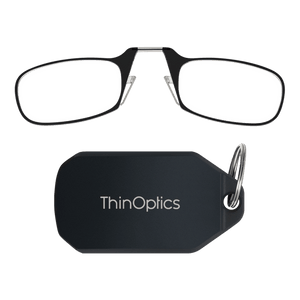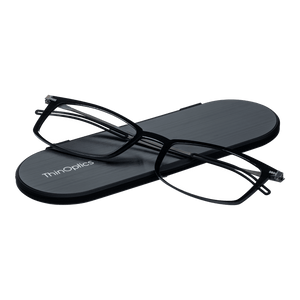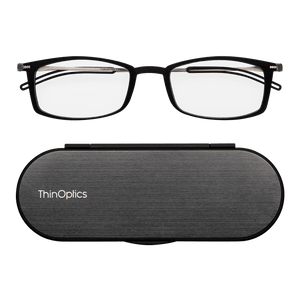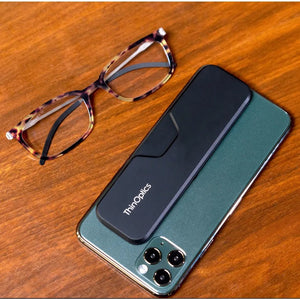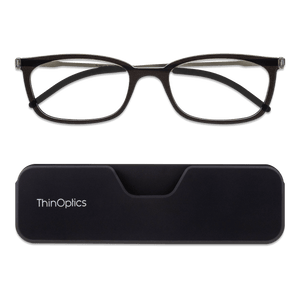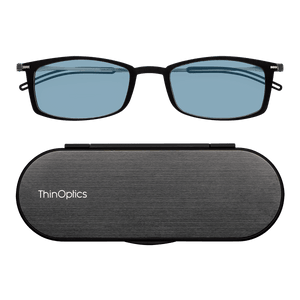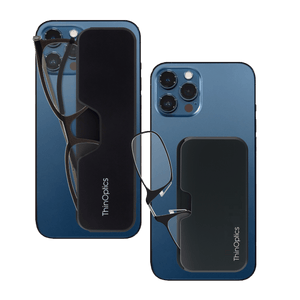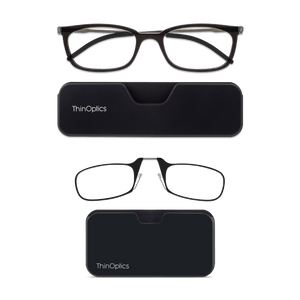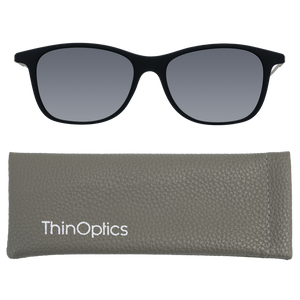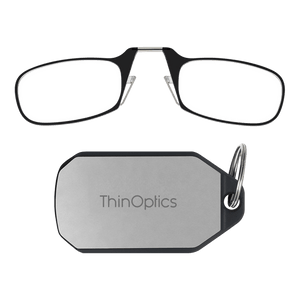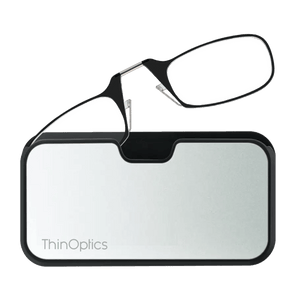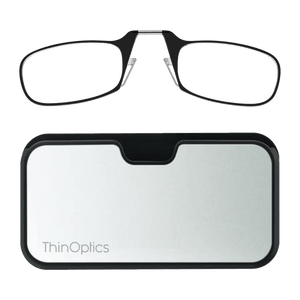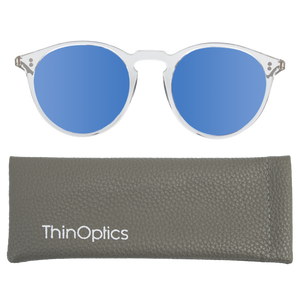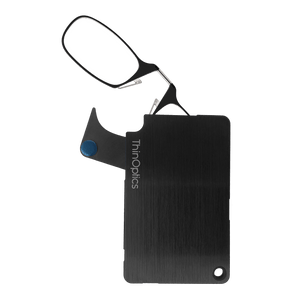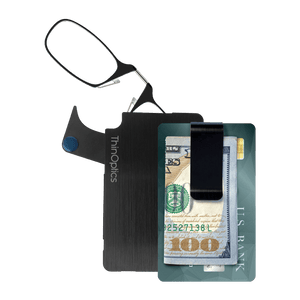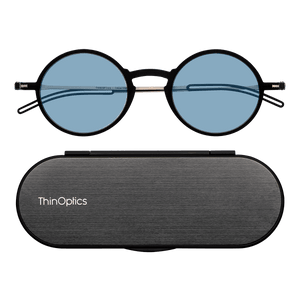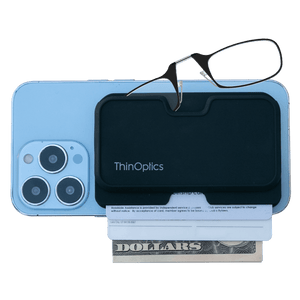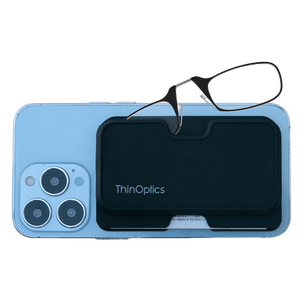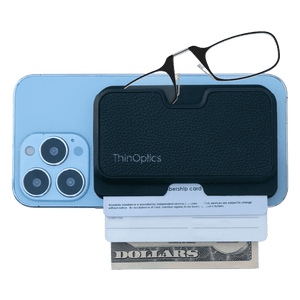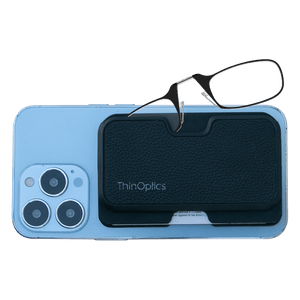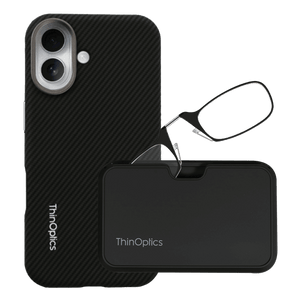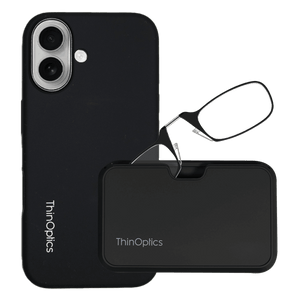Single Vision vs. Progressive Lenses: What’s the Difference?

If you're shopping for prescription glasses or simply upgrading your reading glasses, you’ve likely come across the terms single vision and progressive lenses. But what exactly do they mean—and which is right for your eyes?
Let’s break it down in plain English, so you can make the most informed choice for your vision needs and lifestyle.
What Are Single Vision Lenses?
Single vision lenses are the most common lens type, designed to correct one field of vision—either distance, intermediate (such as computer use), or near (like reading). They have a uniform prescription across the entire lens.

Ideal for:
-
People who need glasses only for reading or distance
-
Younger wearers with one vision correction need
-
Anyone looking for a straightforward, no-fuss option
Pros:
-
Simple to adjust to
-
Often more affordable
-
Great for single-task clarity (like reading a book or driving)
Cons:
-
Not suitable if you need both near and distance correction
-
Requires switching between glasses if you need multiple corrections
What Are Progressive Lenses?
Progressive lenses, on the other hand, are multifocal lenses that offer a seamless transition between different vision zones—distance at the top, intermediate in the middle, and near vision at the bottom. No visible lines, no switching between glasses.
Ideal for:
-
Adults over 40 with presbyopia (age-related near vision loss)
-
People who want one pair of glasses for all vision needs
-
Those who work on screens and also need to read up close
Pros:
-
All-in-one solution: no need for multiple glasses
-
No visible lines (unlike bifocals or trifocals)
-
Natural vision transitions across distances
Cons:
-
Slight learning curve when first worn
-
May take time to adapt to different focus zones
-
Generally more expensive than single vision lenses

Which Is Right for You?
Choosing between single vision and progressive lenses depends on your lifestyle, age, and how your eyes are changing over time.
 If you're under 40 and only need help with reading, our single vision reading glasses may be perfect for you. They’re sleek, ultra-portable, and designed for convenience everywhere you go.
If you're under 40 and only need help with reading, our single vision reading glasses may be perfect for you. They’re sleek, ultra-portable, and designed for convenience everywhere you go.
But if you’re over 40 and noticing that switching from your phone to the TV (or from your laptop to a recipe book) is getting harder, progressive lenses offer a stylish, seamless way to support your vision all day long.
With our all new prescription glasses, you now have the flexibility to choose either lens type—all within the ultra-slim, travel-friendly frames that made us famous for convenient portability.
We’re here to help you see life more clearly, no matter where you’re headed.




